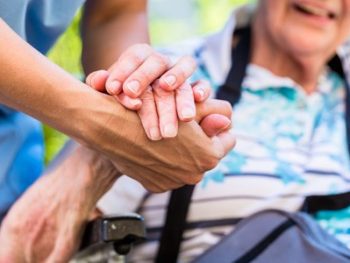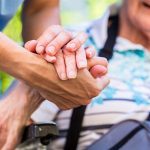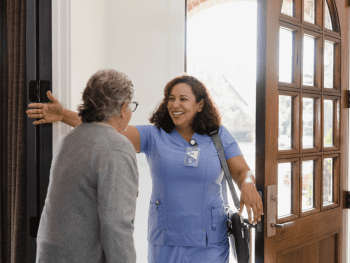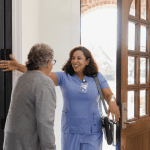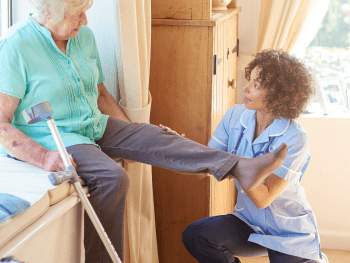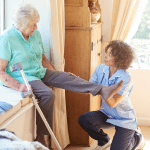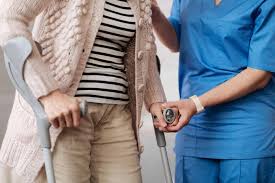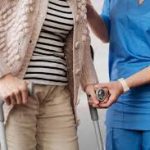FREE Zoom Workshops to help you ‘FILL OUT YOUR FORMS’, hosted by Pemi-Baker Community Health, in Plymouth, NH.
Have you wondered how to talk to your loved ones about what medical care you would or wouldn’t want in a medical crisis? Does your health care provider want you to have these conversations and fill out your end of life wishes? Would your wishes change if it was COVID-19 related? Pemi-Baker Community Health can help with all your advance care planning needs.
 Advance care planning (ACP) is a process of understanding, reflecting on and discussing your experiences, values and beliefs in an effort to identify how you want to live if faced with a serious or life-limiting illness. It may include identifying the care you would want at the end of your life or the care you would want if you were too injured or ill to speak.
Advance care planning (ACP) is a process of understanding, reflecting on and discussing your experiences, values and beliefs in an effort to identify how you want to live if faced with a serious or life-limiting illness. It may include identifying the care you would want at the end of your life or the care you would want if you were too injured or ill to speak.
Download a Conversation Starter Guide
It is also important to choose someone to speak on your behalf if you are unable to make your own decisions, and take comfort in knowing that person will convey your wishes. This person is called a Health Care Proxy, in NH it is termed Durable Power of Attorney for Healthcare. It could be your partner, a sibling or a close friend.
Download a Guide to Choosing a Health Care Proxy/Durable Power of Attorney
Once you decide what care you want and who to help voice your opinions, you will be ready to complete an ACP document, often referred to as an advance directive. This is the legal form from your state that puts your wishes on paper and legalizes them with witness signatures. When this form is complete, you will want to give it to and communicate your wishes to your family, friends, clergy, other advisors, physicians and other health care professionals to help ensure that your wishes are honored.
Download the New Hampshire Advance Directive
Take time to plan ahead now so future healthcare challenges don’t create difficult questions and unnecessary worry for family caregivers and decision makers. Pemi-Baker Community Health offers free monthly Zoom workshops to help you ‘FILL OUT YOUR FORMS’. Download the advance directive form from our website, poor a cup of coffee and join us for a group Zoom meeting to walk you through the form and answer any questions you might have.

Pemi-Baker’s Social Workers will be neutral guides helping you reflect on and identify the values, beliefs and goals that shape the way you make health care decisions. As experienced facilitators, they will explain how important sharing this information is to others so that decisions can be made for you if you ever cannot speak for yourself.
- Next Zoom Workshop ‘Fill Out Your Forms’
- More information about Home Health Care and Hospice care
- What is the difference between Palliative Care and Hospice Care
- CAKE-Create a Free End of Life plan on line
- Being prepared in the time of Covid-19
~written by Anna Swanson





 Starting at the wrist of one hand, let your thumb and fingers of the other hand softly massage the wrist, and then move across the back of the hand, and continue to gently massage each knuckle and joint of each finger. As you finish, use your fingertips to move in a circle in your palm. Then attend to the other hand. You may also want to lightly rub your palms together or even to softly clap your hands. To massage your head, gently let your fingertips move through your hair (or what you have left of it!). Do this a few times. Then gently tap your fingertips throughout and across your whole scalp, not forgetting the areas around your ears or at the base of your skull down to your neck. This also stimulates the movement of energy in our cranial area.
Starting at the wrist of one hand, let your thumb and fingers of the other hand softly massage the wrist, and then move across the back of the hand, and continue to gently massage each knuckle and joint of each finger. As you finish, use your fingertips to move in a circle in your palm. Then attend to the other hand. You may also want to lightly rub your palms together or even to softly clap your hands. To massage your head, gently let your fingertips move through your hair (or what you have left of it!). Do this a few times. Then gently tap your fingertips throughout and across your whole scalp, not forgetting the areas around your ears or at the base of your skull down to your neck. This also stimulates the movement of energy in our cranial area. For the purpose of focusing and directing your attention, only one is necessary. Use it as the daylight is ending. Simply direct your attention to the light, bringing to mind thoughts of past good times and the joy of affection shared with loved ones. The length of time you do this for does not matter too much, but respect the rhythm of your ability to concentrate easily. This isn’t supposed to be a chore or an assignment! It seems to be more profitable to do this in a quiet time without the distraction of other noise. This can be settling to the soul and bring your day to a peaceful end.
For the purpose of focusing and directing your attention, only one is necessary. Use it as the daylight is ending. Simply direct your attention to the light, bringing to mind thoughts of past good times and the joy of affection shared with loved ones. The length of time you do this for does not matter too much, but respect the rhythm of your ability to concentrate easily. This isn’t supposed to be a chore or an assignment! It seems to be more profitable to do this in a quiet time without the distraction of other noise. This can be settling to the soul and bring your day to a peaceful end.




 Denise is a registered dietitian through the Commission on Dietetics Registration, a board-certified diplomat in Lifestyle Medicine through the American College of Lifestyle Medicine and a preferred provider of Medical Nutrition Therapy (MNT). She is committed to building stronger, healthier individuals, families and communities through individual and group nutrition consultations, telehealth, corporate training workshops, wellness retreats, health, and lifestyle coaching, and speaking engagements.
Denise is a registered dietitian through the Commission on Dietetics Registration, a board-certified diplomat in Lifestyle Medicine through the American College of Lifestyle Medicine and a preferred provider of Medical Nutrition Therapy (MNT). She is committed to building stronger, healthier individuals, families and communities through individual and group nutrition consultations, telehealth, corporate training workshops, wellness retreats, health, and lifestyle coaching, and speaking engagements.
 certain activities that once seemed simple can become more difficult to manage.
certain activities that once seemed simple can become more difficult to manage. nal and physical therapy when he gets home following knee surgery. The nurse can help your Mom learn to manage her medications safely and help her learn ways to manage her overall health more effectively. Occupational and physical therapy will provide training on the best exercises Dad can do to strengthen his knee so he can get back to doing the things he enjoys.
nal and physical therapy when he gets home following knee surgery. The nurse can help your Mom learn to manage her medications safely and help her learn ways to manage her overall health more effectively. Occupational and physical therapy will provide training on the best exercises Dad can do to strengthen his knee so he can get back to doing the things he enjoys. How does a patient access skilled home health thru Pemi-Baker Community Health?
How does a patient access skilled home health thru Pemi-Baker Community Health?





